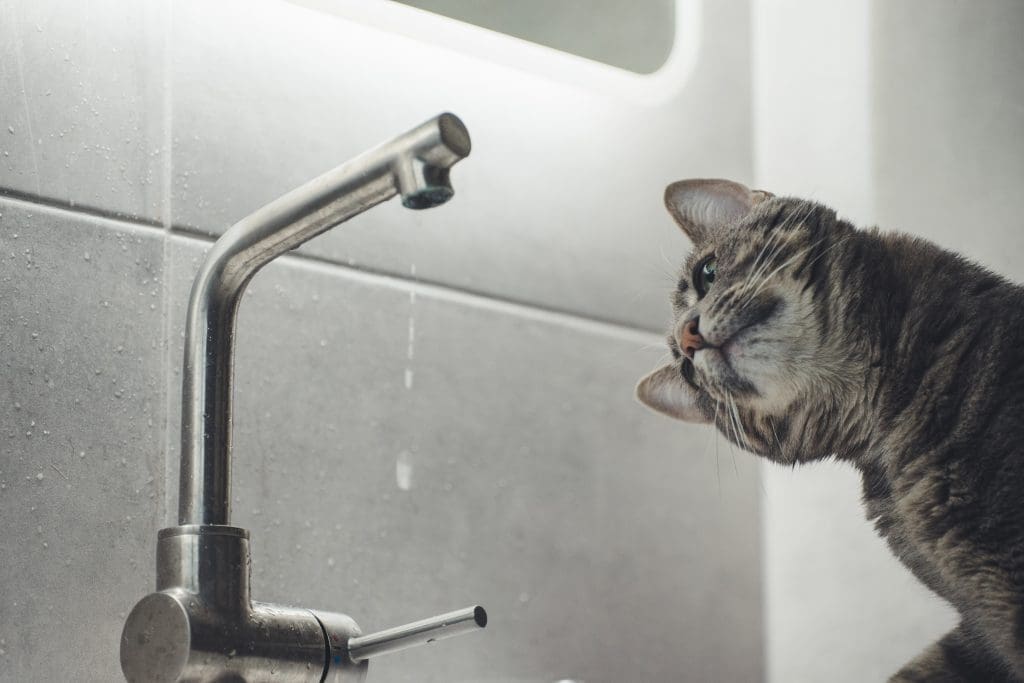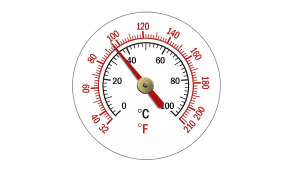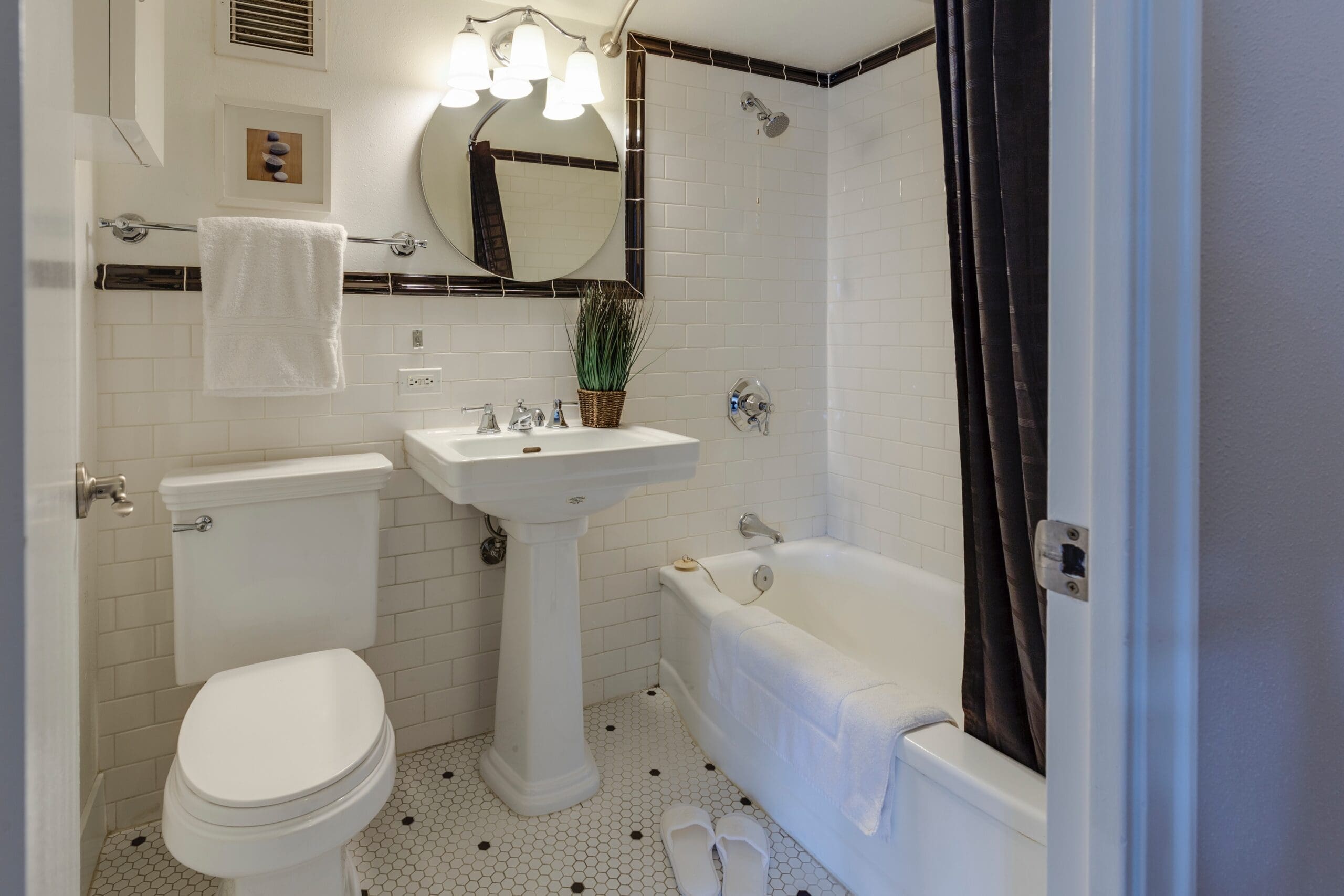5 Useful Plumbing Tips for Beginners
Plumbing might seem like something that should be left to the professionals, like preventing pump cavitation, and for really complex jobs, it should be. However, there are plumbing tasks that anyone can do to maintain their water system or fix small problems. It is useful to learn the 5 useful plumbing tips for beginners. They can save you a lot of money in the long run.
Once you learn some basic plumbing, you can take care of the small jobs yourself to save some money. On those larger, more complicated jobs, try calling the professional plumber, so you know it will be fixed correctly, no need to make a problem any bigger than it already is. You will be able to fix some plumbing problems for yourself and prevent any other problems from happening in the first place. If you experience a problem that’s too big to solve on your own, simply call your local 5-Star Plumbing plumber, to get the help you need.
You Can Replace Parts Of The Toilet Or Faucet Yourself
You may not be qualified to install a toilet or faucet, but you can replace some of the parts of a toilet or faucet yourself if they are old or worn down. If your toilet has a leak between its tank and its bowl, then a worn-out flapper could be to blame. The flapper which is located in the toilet tank drains the water from the tank into the bowl when you flush. Fortunately, flappers are cheap and easy to replace. You can buy one at any home improvement store and install it yourself since it will come with instructions on how to do so.
If the faucet is dripping, then you can also repair it yourself, you just need to replace the cartridge of the faucet. That may sound complicated, but you just need to remove a few screws to access the inside of the faucet. Once you do, you just need to swap out the old cartridge with a new one, replace the faucet, and you’re done.
2. Use Thread Tape To Seal Your Pipes
Sealing your pipes can prevent them from leaking, later on, so you should make sure that the sealant is as secure as possible. You can use pipe dope or thread tape to seal your pipes, but thread tape is the better option. Pipe dope is a compound, sort of like glue or caulk, that is used to make pipe threads leak-proof, but using it can be very messy and time-consuming. You are better off using thread tape because it does just as good a job of securing pipe threads, but is far less messy and much easier to use. Make sure to get the thicker type of thread tape to seal the pipe threads as tightly as possible.
3. Fix A Leaking Shower-head Yourself

A dripping shower-head is not just annoying; it is also a waste of water. However, you don’t need to call a plumber to fix a leaking shower head; you can do it yourself. This is another area where thread tape can help you; just unscrew the shower-head, apply the tape to the threads, and then reattach the shower-head. That should fix any leaks.
If you have the opposite problem and the shower-head is clogged, then you can use some DIY solutions to fix it. Use a toothpick on the holes that are clogged, or a similarly use a slim object, to clear them of debris. You can always remove the shower-head and use a small brush to wipe away any mineral deposits which can build up over time on the inside. You can also fill a bowl with warm water and vinegar and soak the shower-head in it for about an hour.
4. Get rid of clogs by using a Drain Snake
Chemical drain cleaners are the most common method of clearing out a clogged drain, but they are not the best method. The reason is that they can damage the pipes and are an environmental hazard because of their harsh, corrosive chemicals and the plastic bottle in which they are contained. After-all there is no guarantee that it will work, plus they can’t really be used if the sink or tub is filled with water. The best way of clearing out a blockage is to use a drain snake.
This simple tool consists of a flexible piece of steel with a corkscrew-like appendage called an auger on one end. You insert the snake into the drain and use the auger to clear out the blockage. You may need a few tries to remove the clog, but there is a good chance that you will be successful. Drain snakes are the ideal way to clear clogged drains because they are safe for the pipes, they do not affect the environment, and they are reusable.
5. Increase The Efficiency Of Your Water Heater


Lower the temperature on the water heater thermostat to save money on your electricity bill. You can do so and still have all the hot water that you need. You can also insulate the heater tank to make the hot water last longer. You can get cheap or free insulating blankets from your local utility.
You should also clean out the water heater tank every few months because it becomes less efficient if sediment collects in the tank. You do this by turning off the water heater, attaching a hose to the drain valve, and then draining about a quarter of the water in the tank into a bucket until the water runs clear. Once the sediment has been removed, your water heater will run more efficiently.
Take Care Of The Small Plumbing Problems Yourself
These 5 useful plumbing tips for beginners are easy to do, safe, and much less expensive than calling a plumber. Since some of them are preventative maintenance, they can also stop any problems from happening in the first place. With a little elbow grease and a little money, you can keep the plumber at bay and take care of minor plumbing issues all by yourself.




